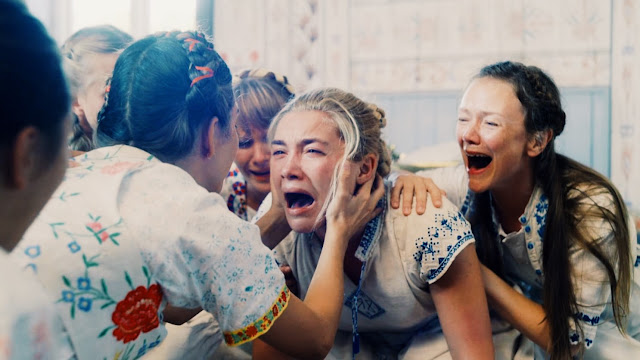Network (1976)
"This is the story of Howard Beale, the first known instance of a man who was killed because he had lousy ratings."
Earlier this year I saw Network on Broadway with Bryan Cranston playing Howard Beale. As a theatrical experience, It was wild and fun. But curiously, I never saw the movie it was based on. Network, the motion picture is a classic of the 1970's. A film way ahead of its time in terms of what it foresaw about the future of television and it's influence on our way of life. In 2019, unfortunately, Network is a reality. The line between entertainment and honest journalism has nearly been erased. Our television programs rival between propaganda and gratuitous debauchery. Paddy Chayefsky, like a poet, rants and raves through the many characters we see here as a word of warning to viewers in it's time. TV is going to kill us. In this instance, It killed Howard Beale.
Howard Beale is a madman. Well, he was an average man who went mad after learning that the network was going to fire him. In an act of desperation, he declares that he's going to commit suicide live on the air. The network swings into panic mode, until one shrewd programing executive, played by Faye Dunaway, realizes the potential of having Beale stay on the air. Beale gets more airtime and begins to raise the stakes of what television was able to broadcast at that time. It all culminates with that famous blood-curdling speech in which he directs the audience to get up out of their chairs, open their windows and scream to the heavens "I'm mad as hell, and I'm not gonna take it anymore!". Beale becomes a television phenomenon, and UBS is in the money. But with fame comes corruption and risk. What Beale and the rest of the network begin to realize is how the influence and power of television sucks the humanity out of our very existence and how basic dignity is replaced with ratings.
It goes without saying, but Network is a powerhouse film for outstanding acting. Dunaway, Holden, Beatty, and Duvall command the screen at every turn, and bounce off of each other with ease. In that sense, it's feels like more of a stage play than a film. Then, of course, is Peter Finch. This was his final performance on film. What a hell of a way to go out. There hasn't been, nor will there ever be a more passionate on-screen performance than this.






Comments
Post a Comment